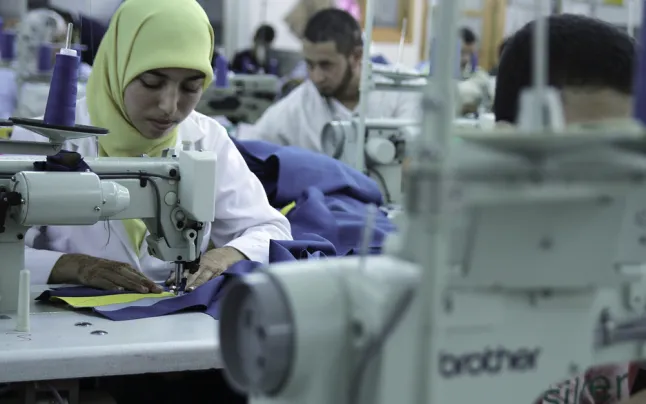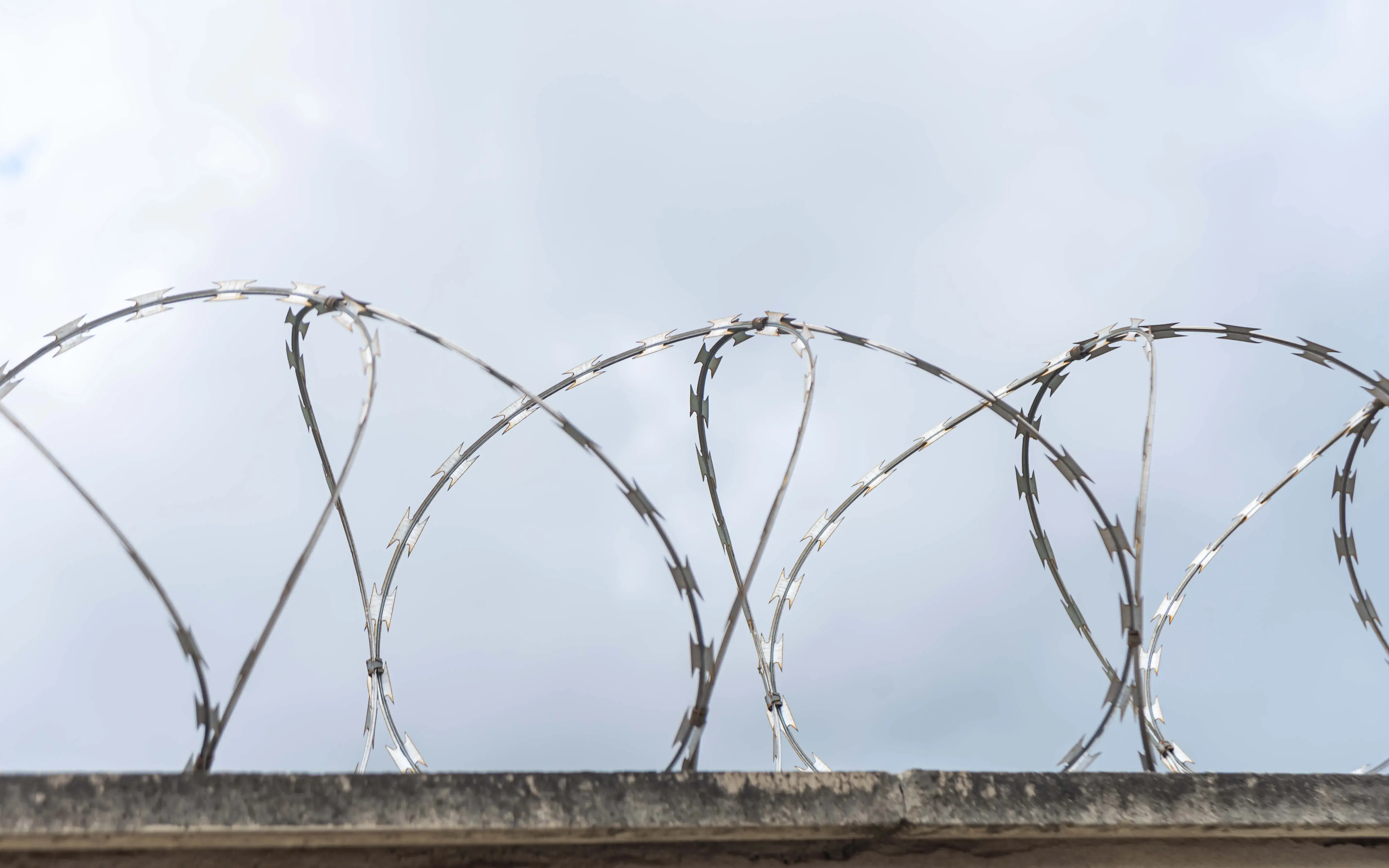A report prepared by SETEM Catalunya and the association Attawassoul denounces the abuse faced by women working in the global textile manufacturing industry in Morocco.
The campaign 'Roba Neta' (Clean Clothes) organised by SETEM Catalunya together with the association Attawassoul, in their latest report 'Labour profiles and conditions in the textile sector in Tangiers' denounce the abuse faced by women working in the global textile manufacturing industry in Tangiers (Morocco). Almost 60% of textile workers earn a salary that is below the minimum wage established by law in Morocco, and only 30% earn the minimum wage. Furthermore, 70% of respondents declared they had no labour contract.
As explained by SETEM, these data constitute a “fundamental issue”, as it stops people from exercising their right to public healthcare and the Covid-19 emergency financial support package. Whenever they require medical care, many workers have to pay for it out of their pocket, with salaries that in many cases are no more than 250 Euro a month. At the same time, 86% of women also have to pay for the transport to their workplace out of their salaries.
The organisation defines this condition as “salary robbery”, a situation that has a huge impact because working in small and hot spaces and very long hours lead these workers to suffer from work-related illnesses. For 45% of the women participating in the survey, their working hours are 55 hours a week, and 50% declare they are only allowed to use the toilettes twice during their working hours.
On top of these precarious working conditions, many are subject to harassment at work. 41% of survey workers, men and women, declare they have suffered from some form of verbal violence at work and 30% of women say they are harassed at work. Almost half of the men interviewed declared they detect these cases coming from their fellow workers. Many of the threats, humiliation and harassment go unreported and untold.
“The administration and governments involved should feel ashamed and concerned for allowing workers to fall victims and lacking any protection, and being exposed to permanent abuse of power, working for wages below the minimum agreed wage, exposed to accidents at the workplace due to the lack of safety and poor hygiene in the factories and with absolutely no legal support”, the organisations denounce.
The real cost behind 'dressing in fashion': the reality hiding behind fast fashion
Along these lines, from SETEM, it is considered that these problems arise from not respecting the legal duties set out in international treaties under the principles of the United Nations and the ILO Codes of Practice. For this reason they call on investors and business groups controlling fashion brands to “drop the mask they hide behind” and take responsibility to overcome the structural inequalities of global markets.
“Consumers of fashion that are constantly encouraged by brands to consume fast fashion and who are attracted by the very low prices of garments and footwear should ask themselves how is it possible to get these items for such low prices. It is important to consider the social and environmental cost that citizens are willing to tolerate to dress fashionably and feel identified with an image that is defined by marketing teams”, say the two associations participating in this study.
They also agree in calling on social organizations to support them by publishing studies, through awareness campaigns, training sessions and workshops to push for a binding treaty for transnational corporations that guarantees the respect of human, labour and environmental rights.







Add new comment